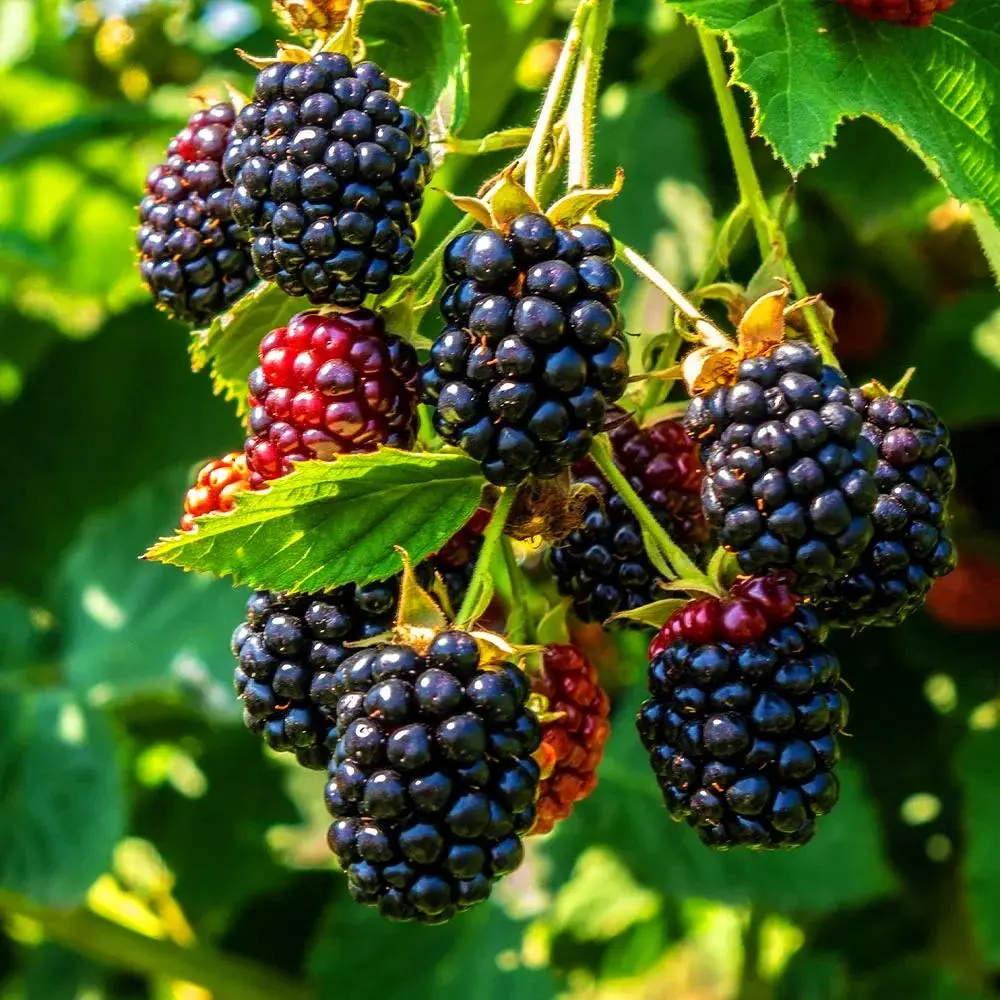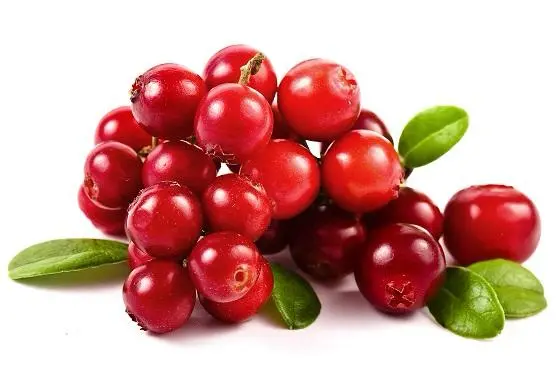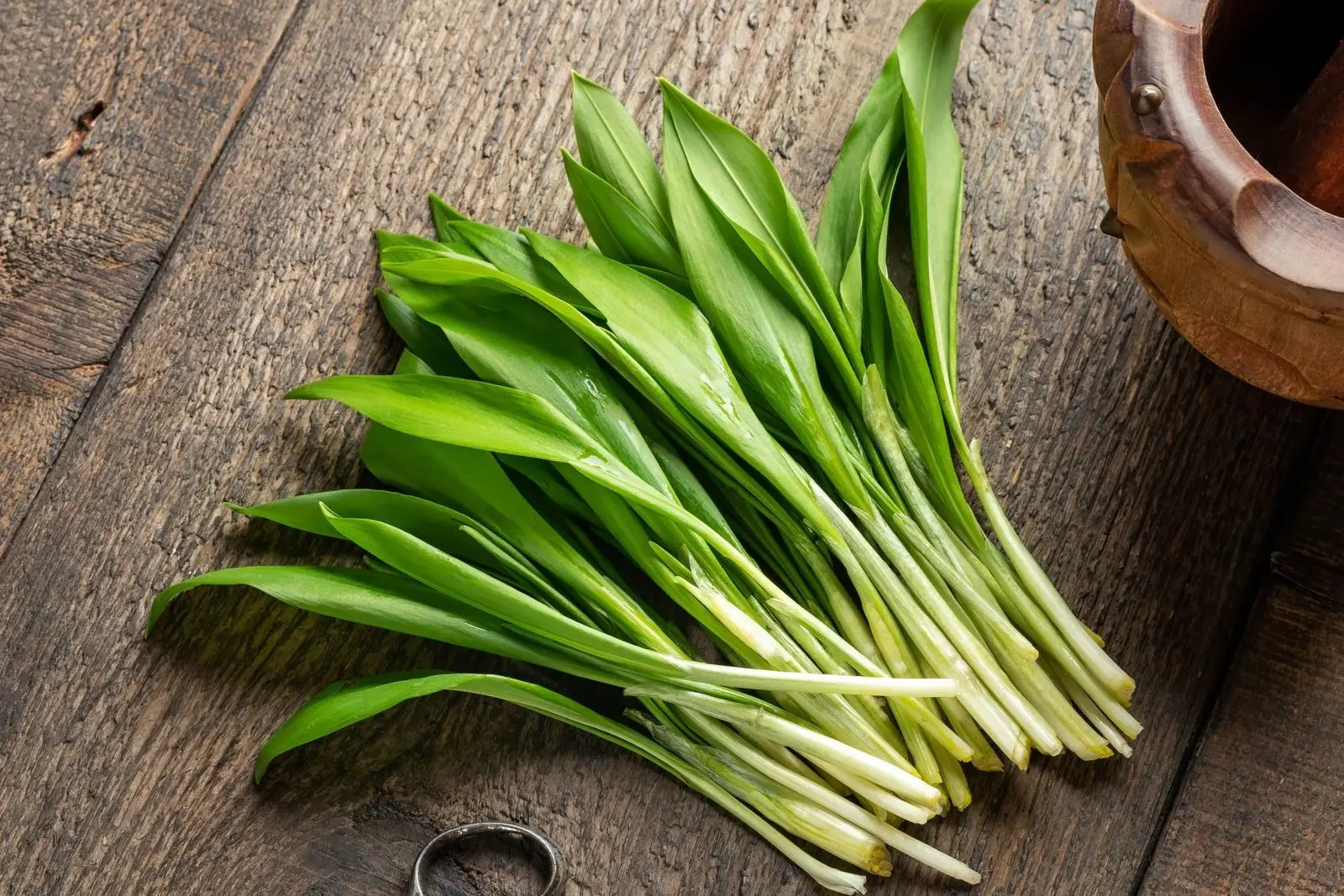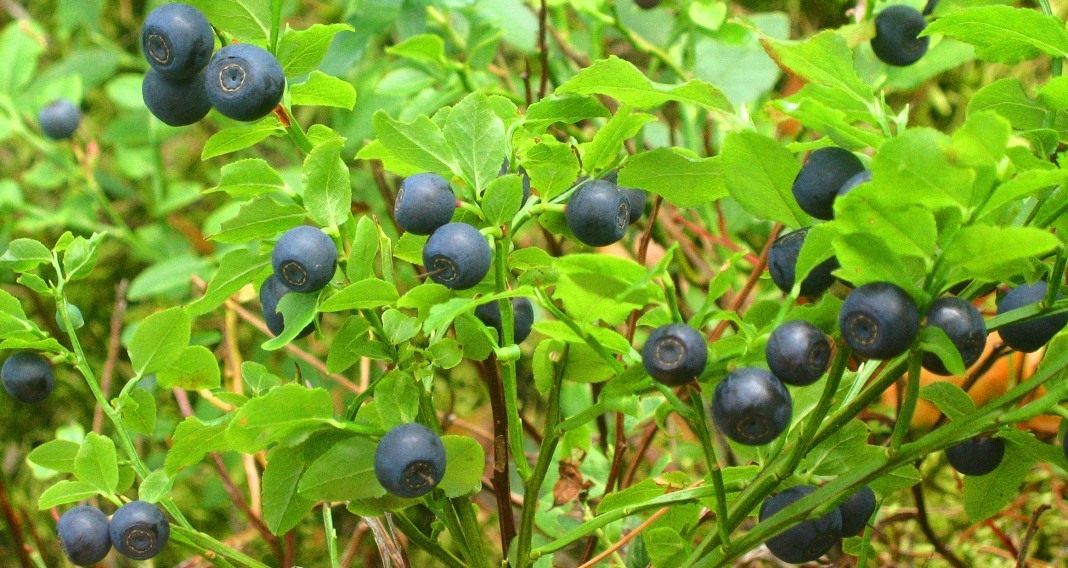
Deep in the undisturbed forests of Romania's Apuseni Mountains grows a treasure more valuable than gold - wild blueberries (Vaccinium myrtillus), locally known as "afine." These small, intensely flavored berries have been gathered by local communities for centuries, not just as a delicious forest fruit but as a natural medicine and nutritional powerhouse. In recent years, science has begun to confirm what traditional Romanian knowledge has always asserted: wild blueberries from pristine forests offer exceptional health benefits that far surpass those of their cultivated cousins.
Wild vs. Cultivated: A World of Difference
The blueberries found in supermarkets around the world (usually Vaccinium corymbosum) bear little resemblance to the wild blueberries that flourish in Romania's mountains. While both are nutritious, several key differences set the wild varieties apart:
- Antioxidant Content: Wild blueberries contain 2-3 times more anthocyanins (the antioxidant compounds that give berries their blue color) than cultivated varieties.
- Size and Flavor: Wild blueberries are smaller but significantly more intense in flavor, with a perfect balance of sweetness and acidity.
- Growth Conditions: Growing without human intervention in nutrient-rich forest soil, wild blueberries develop stronger phytonutrient profiles as natural defense mechanisms.
- Genetic Diversity: Wild blueberry patches contain multiple natural genetic variants, while commercial fields often consist of just one or two cultivars.
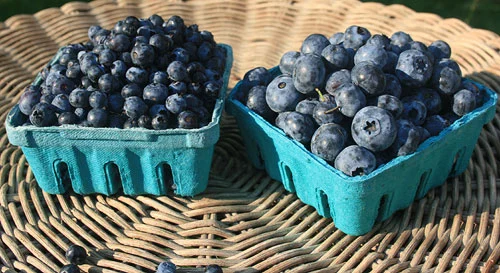
The Nutritional Profile of Apuseni Wild Blueberries
Laboratory analyses of our Apuseni Mountains wild blueberries have revealed an impressive nutritional profile:
- Anthocyanins: Up to 330mg per 100g (compared to 80-120mg in cultivated varieties)
- Vitamin C: 15-20mg per 100g
- Manganese: 0.5mg per 100g - important for bone development and metabolism
- Dietary Fiber: 3-4g per 100g serving
- Low Sugar Content: Natural sugars balanced by beneficial acids
- Additional Compounds: Rich in quercetin, resveratrol, and other beneficial phytochemicals
What makes the Apuseni wild blueberries particularly special is their growth at higher elevations (800-1400 meters) in areas with minimal pollution and optimal sun exposure. These stress factors cause the plants to produce higher levels of protective compounds, which translate to greater benefits when consumed.
Health Benefits Supported by Research
Traditional Romanian folk medicine has long used wild blueberries for numerous health conditions. Modern scientific research has validated many of these traditional uses:
- Eye Health: The high anthocyanin content specifically benefits retinal health and may protect against age-related macular degeneration.
- Cognitive Function: Regular consumption has been linked to improved memory and delayed cognitive aging.
- Cardiovascular Protection: Wild blueberries help maintain healthy blood pressure and reduce inflammation markers associated with heart disease.
- Blood Sugar Regulation: Compounds in wild blueberries appear to improve insulin sensitivity and glucose metabolism.
- Gut Microbiome Support: The specific fiber profile and polyphenols in wild berries act as prebiotics for beneficial gut bacteria.
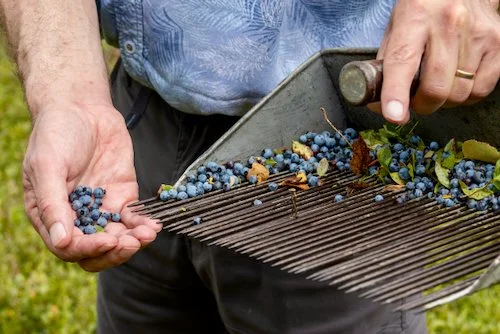
Sustainable Harvesting Practices
The exceptional quality of Apuseni wild blueberries is preserved through traditional, sustainable harvesting methods:
- Hand-picking only fully ripe berries, leaving unripe ones to mature
- Harvesting on rotation, allowing patches to recover for 2-3 years
- Careful handling to avoid damage to the plants and surrounding ecosystem
- Immediate processing or flash-freezing to preserve nutritional integrity
- Working with local harvesters who understand the forest's natural cycles
These practices ensure that wild blueberry patches remain productive for generations, while maintaining the delicate forest ecosystem that supports numerous other species. Unlike mechanical harvesting used for cultivated berries, our traditional methods preserve both the quality of the fruit and its natural habitat.
"The forest gives these berries something no farmer can replicate - time to develop in perfect harmony with nature. The result is a completely different food than what most people know as 'blueberries'." - Dr. Ioana Popa, Nutritional Biochemistry, University of Cluj-Napoca
Enjoying Wild Blueberries Year-Round
While the fresh wild blueberry season in Romania is relatively short (typically June to early August, depending on elevation and annual weather conditions), traditional preservation methods allow us to enjoy their benefits throughout the year:
- Flash-Freezing: Preserves nearly all nutritional benefits and allows for use in smoothies and desserts year-round
- Drying: Concentrates flavors and nutrients, creating a portable, shelf-stable superfood
- Natural Preserves: Traditional low-sugar preservation methods that maintain the berries' health benefits
- Fermentation: An ancient preservation method that may enhance certain bioactive compounds
Conclusion
The wild blueberries of Romania's Apuseni Mountains represent a perfect example of how nature, when left undisturbed, can create foods of exceptional quality. Their superior nutritional profile, intense flavor, and sustainable harvesting make them truly deserving of the title "superfood." By choosing wild-harvested blueberries over cultivated varieties, consumers not only support their own health but also contribute to the preservation of traditional harvesting knowledge and the protection of Romania's pristine forest ecosystems.
At TRANS FRUIT SRL, we take pride in bringing these exceptional wild berries from our mountains to your table, maintaining their quality and integrity throughout the journey.

